Rachel Neill
If you’re a new or aspiring CNA, learn more about the top skills you need to be successful. We’re thrilled to have Rachel Neill from HealthEd Global share her thoughts below.
I’m incredibly excited to start contributing to the ChartFlow blog. For my first post, I wanted to share some of the top skills I think every New CNA needs to be successful. I have worked in the healthcare ecosystem for almost two decades, and my mission is to support healthcare professionals in doing their best work!
We can all agree that Certified Nursing Assistants (CNAs) are important healthcare team members. They provide foundational care to patients, including taking vital signs, assisting with activities of daily living, and providing comfort and support.
Becoming a successful CNA requires a mastery of clinical tasks and professional attributes. Here are some skills I’ve observed that successful CNAs bring to the healthcare team.
Communication
CNAs must communicate effectively with patients, family members, and other healthcare providers. This includes being able to listen and understand the needs of the patient, being able to ask questions and provide clear instructions, and being able to recognize nonverbal cues.
Compassion
As a CNA, you’ll be working with people in challenging moments in their lives. Being able to provide emotional support not only to patients but to their families is a must. Oftentimes, this human element is far more important than any clinical task because of the impact it can provide. This includes being able to empathize with patients and their families, being able to recognize their feelings, and being able to provide support during difficult times.
Time Management
CNAs must be able to manage their time efficiently to provide high-quality care. This includes being able to prioritize tasks, being able to multitask, and being able to work quickly and accurately. This becomes double important for CNAs looking to expand their healthcare career into nursing or beyond.
Documentation
CNAs must be able to document patient care accurately. This includes being able to enter data into an electronic health record (EHR), being able to follow the facility's documentation guidelines, and being able to document patient progress accurately. If you’ve never used an EHR before, check out ChartFlow’s free EHR simulation for students.
Clinical Tasks
CNAs must be able to provide basic medical care, such as taking vital signs, helping patients with feeding and grooming, and providing wound care. This includes being able to use medical equipment safely and accurately and being able to recognize and respond to changes in a patient's condition.
As you can see, becoming a successful CNA requires mastery of clinical tasks and professional presence. Both aspects are required for CNAs to provide high-quality patient care and become successful in their field. Our nursing workforce depends on CNAs as the heart and the hands of the healthcare team!
More posts like this

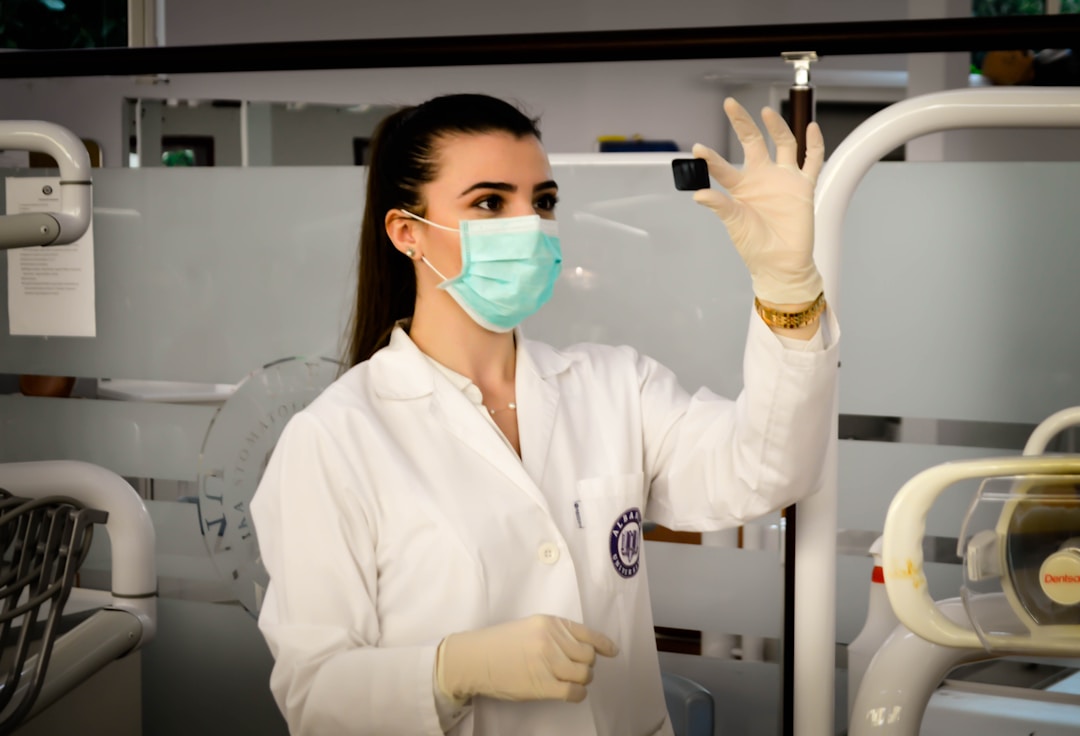





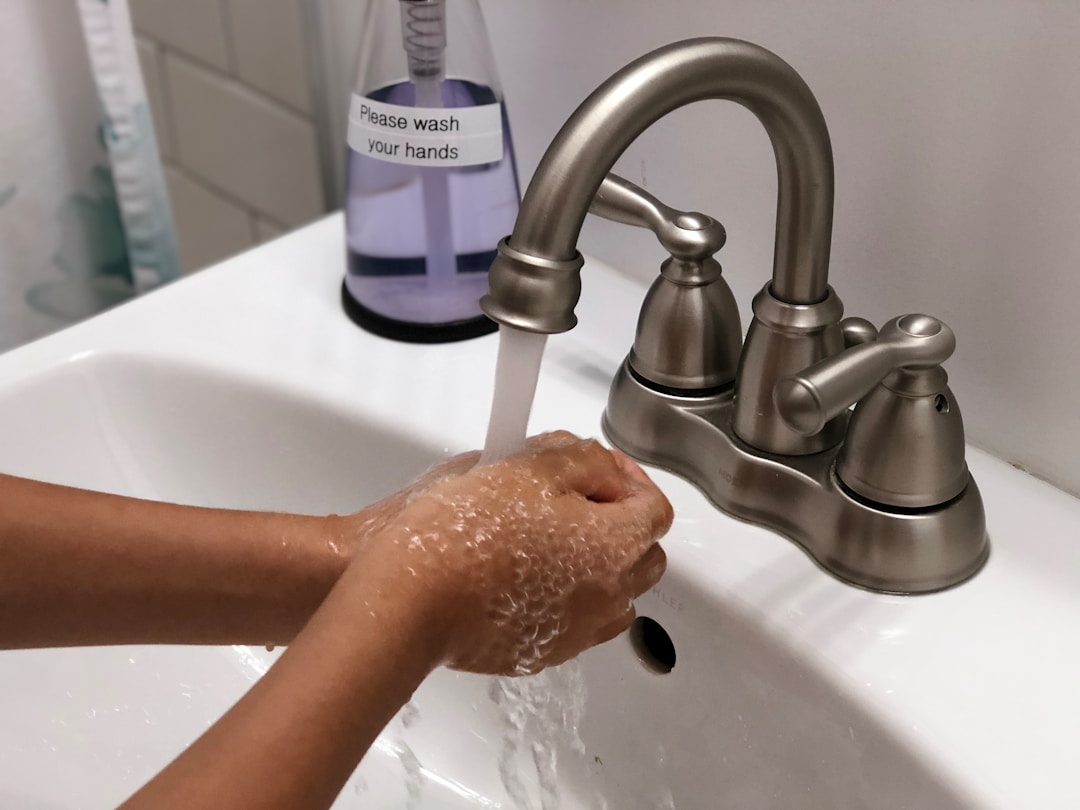
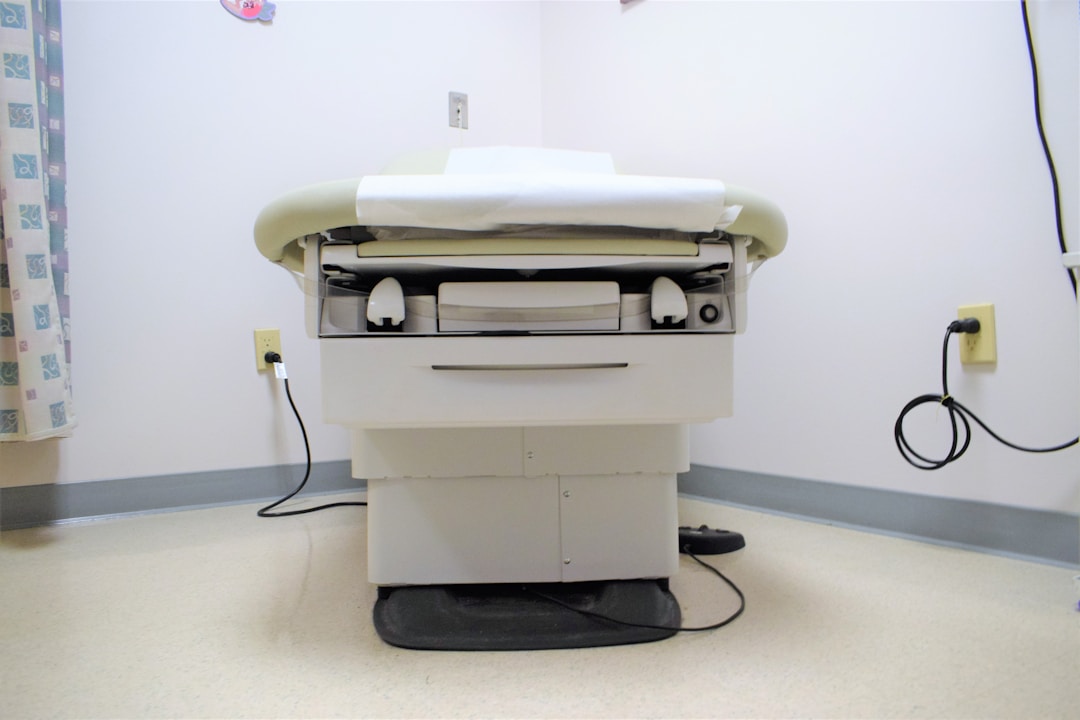




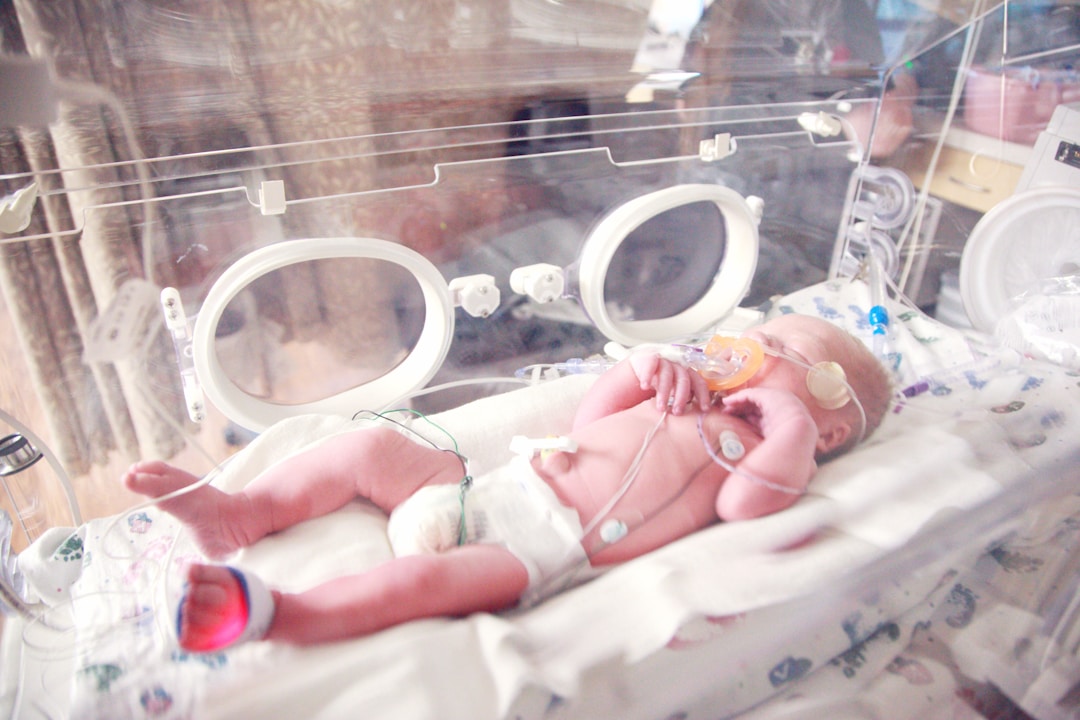











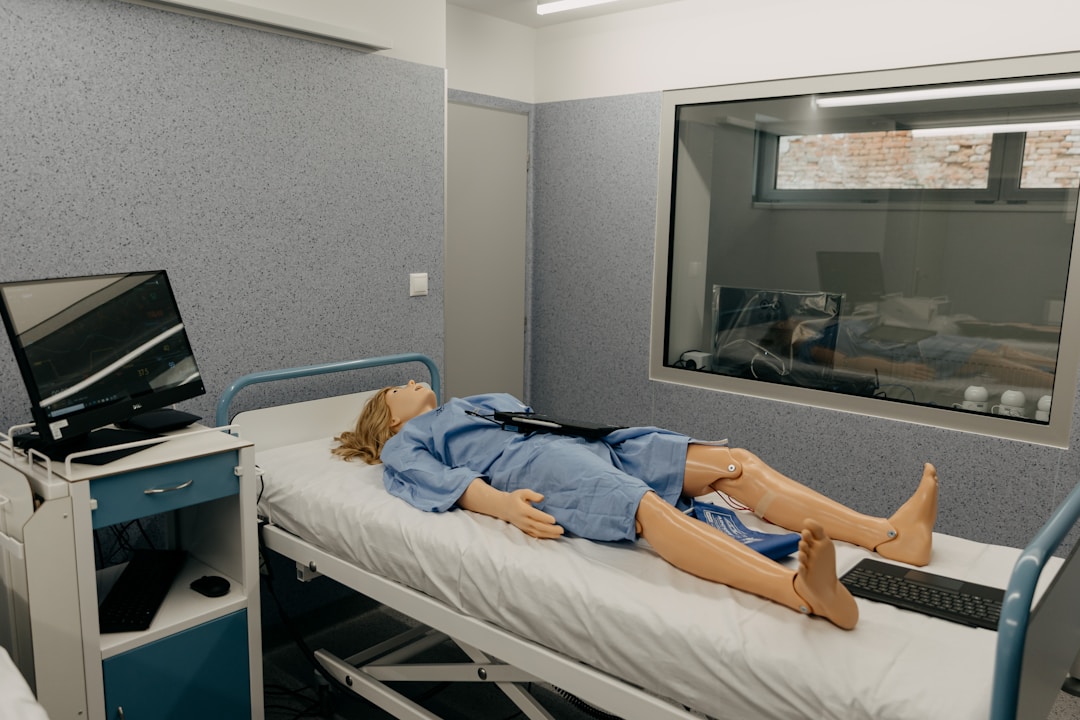

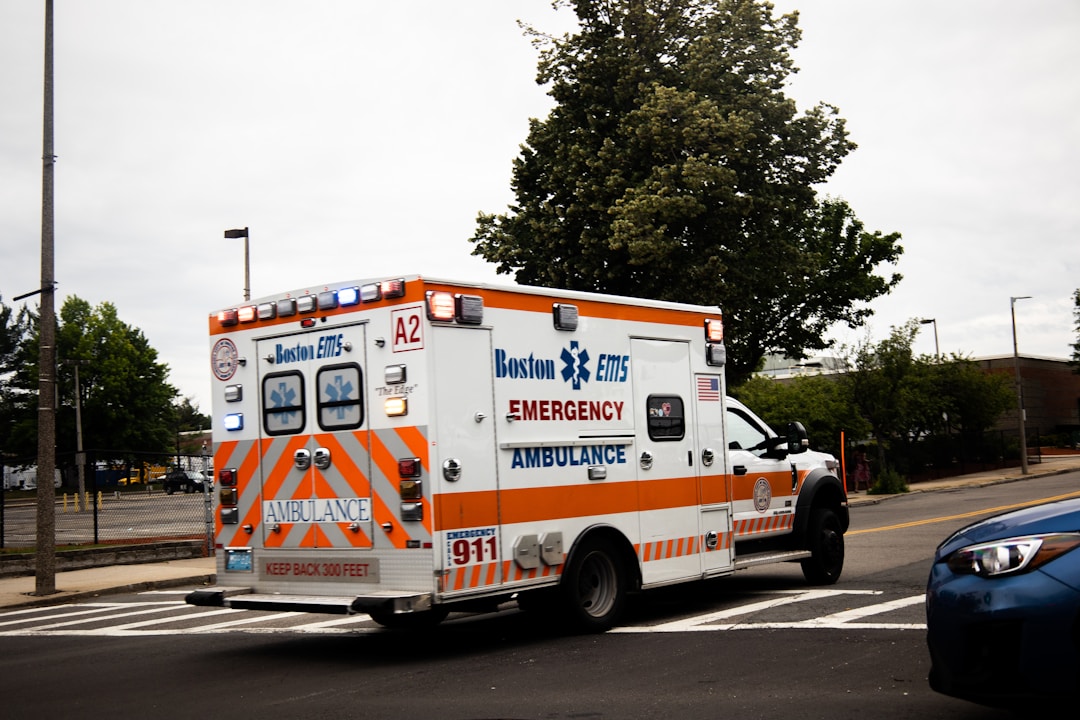





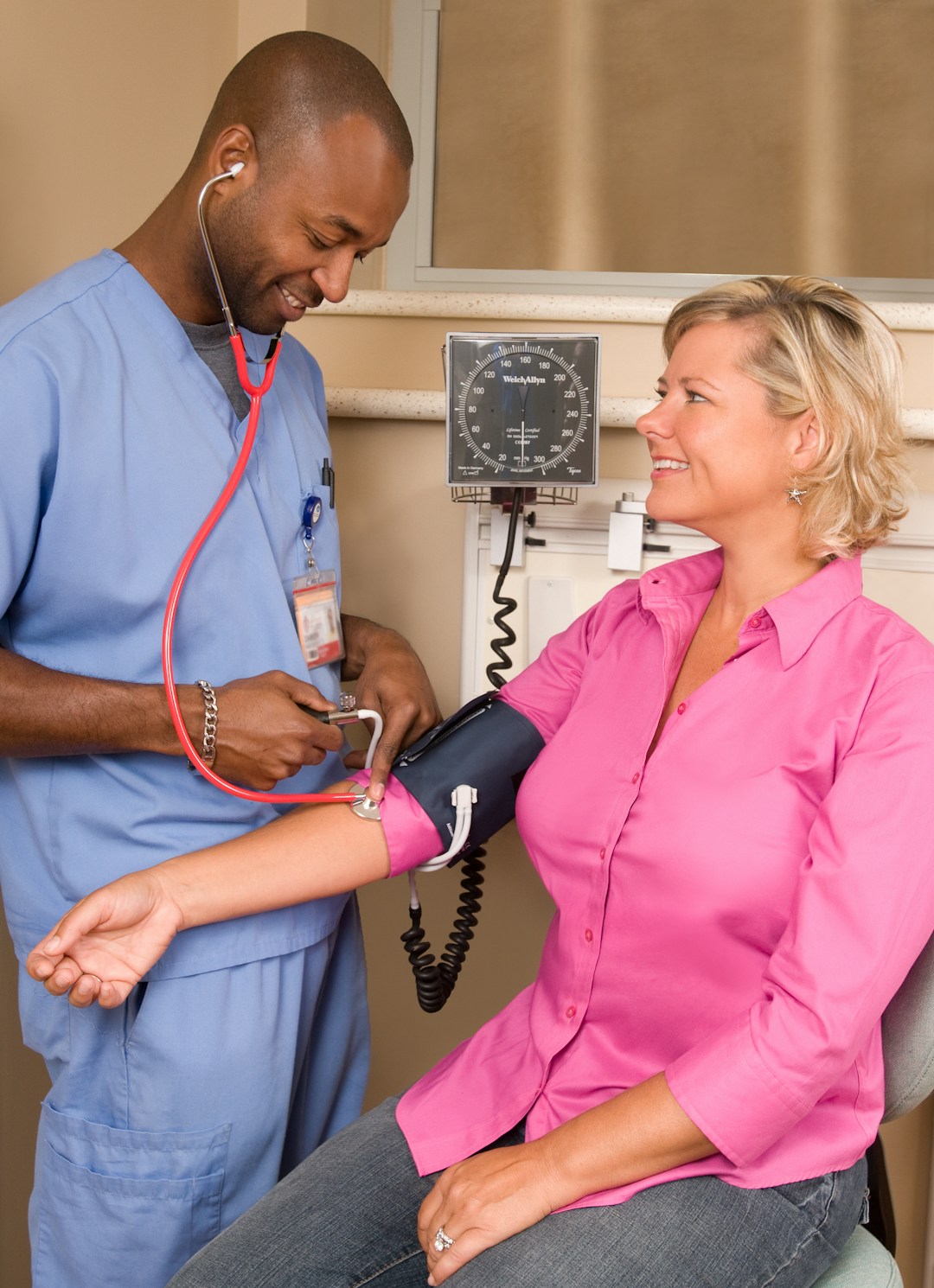

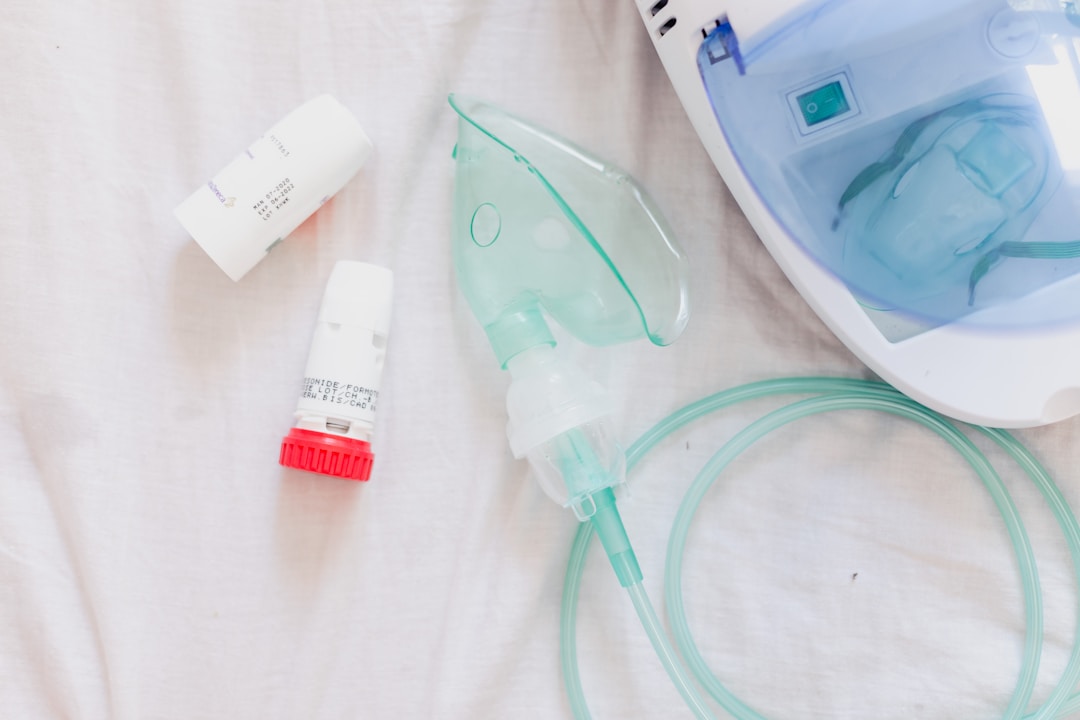


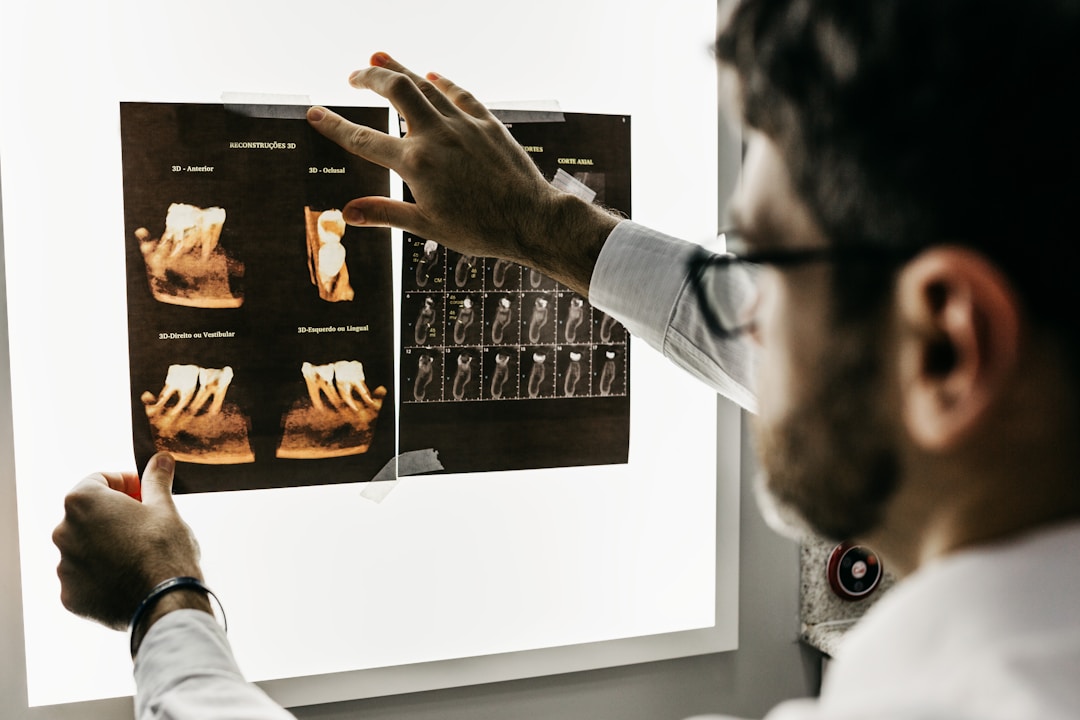
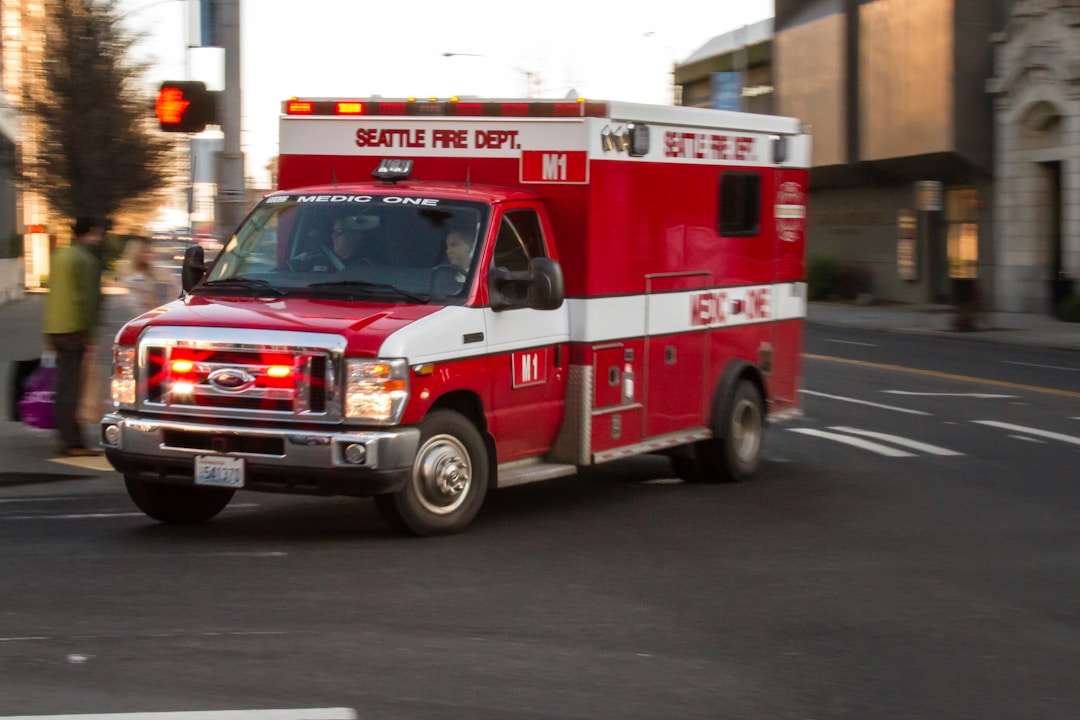
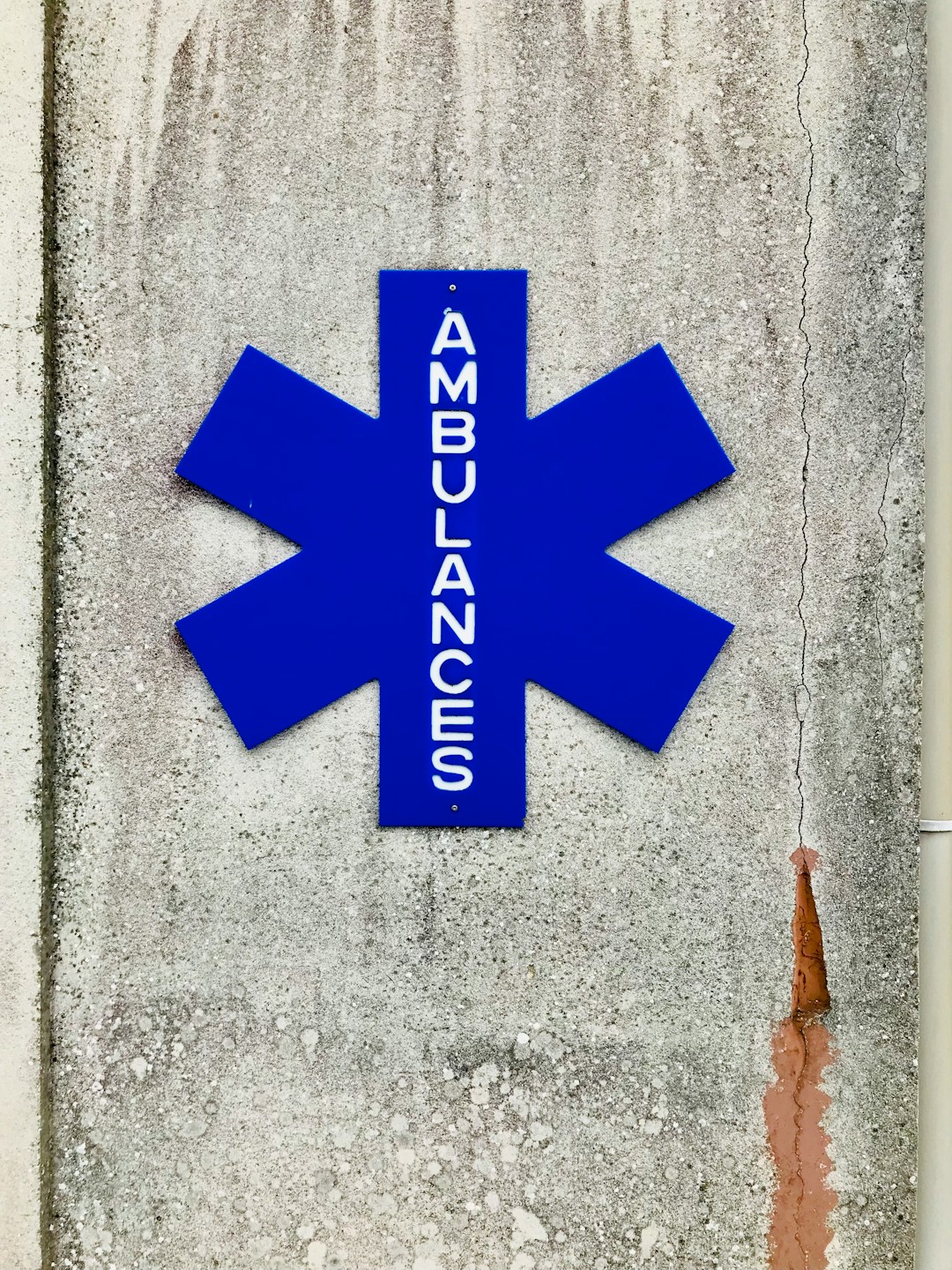





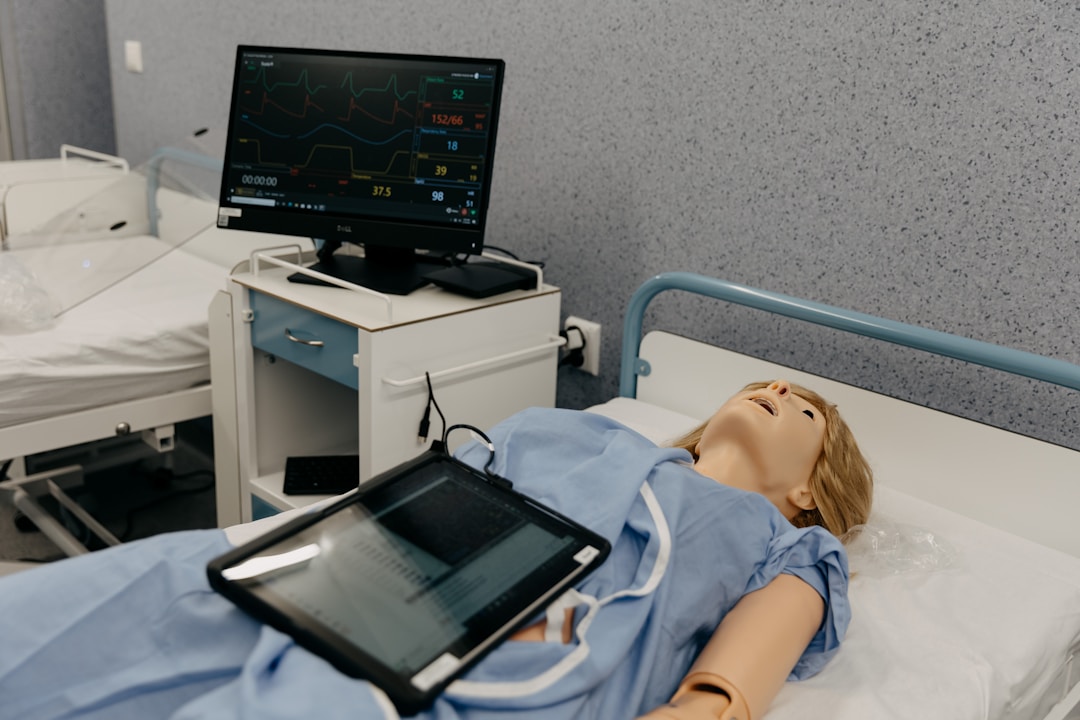



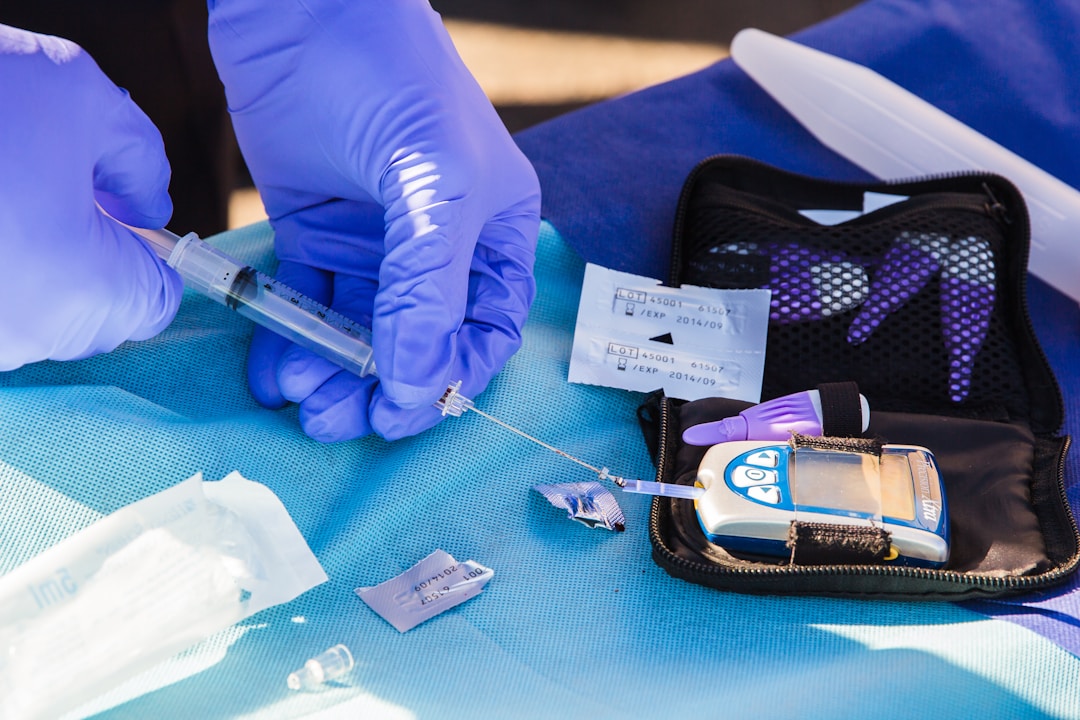
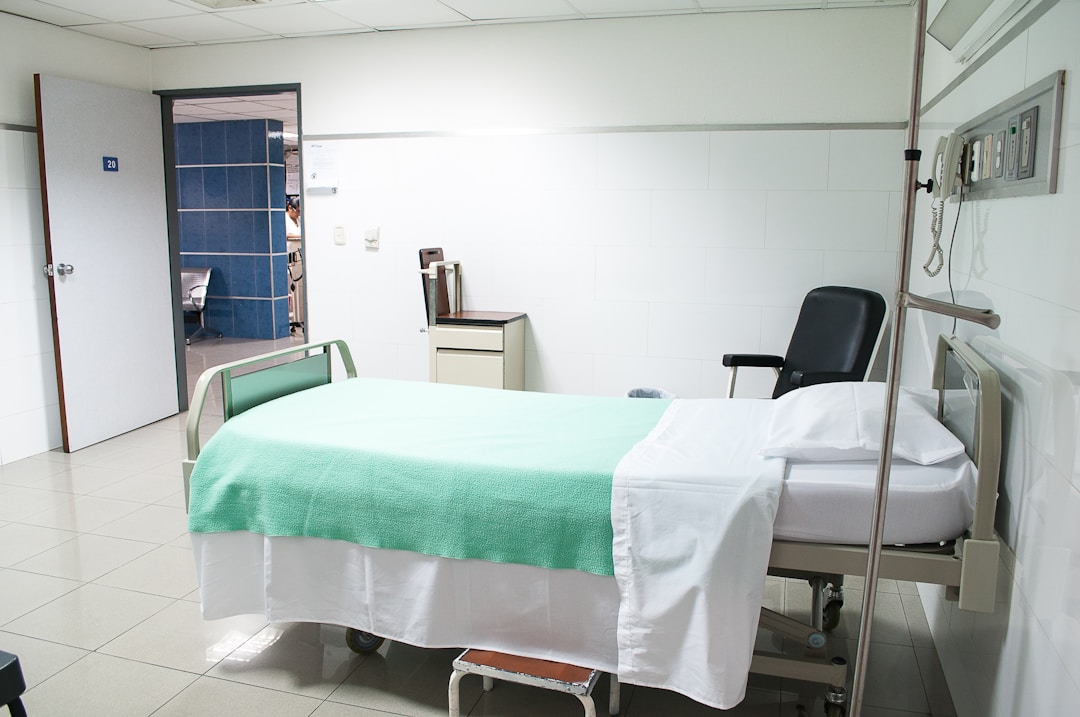









/w=1920,quality=90,fit=scale-down)
_(1)/w=1920,quality=90,fit=scale-down)








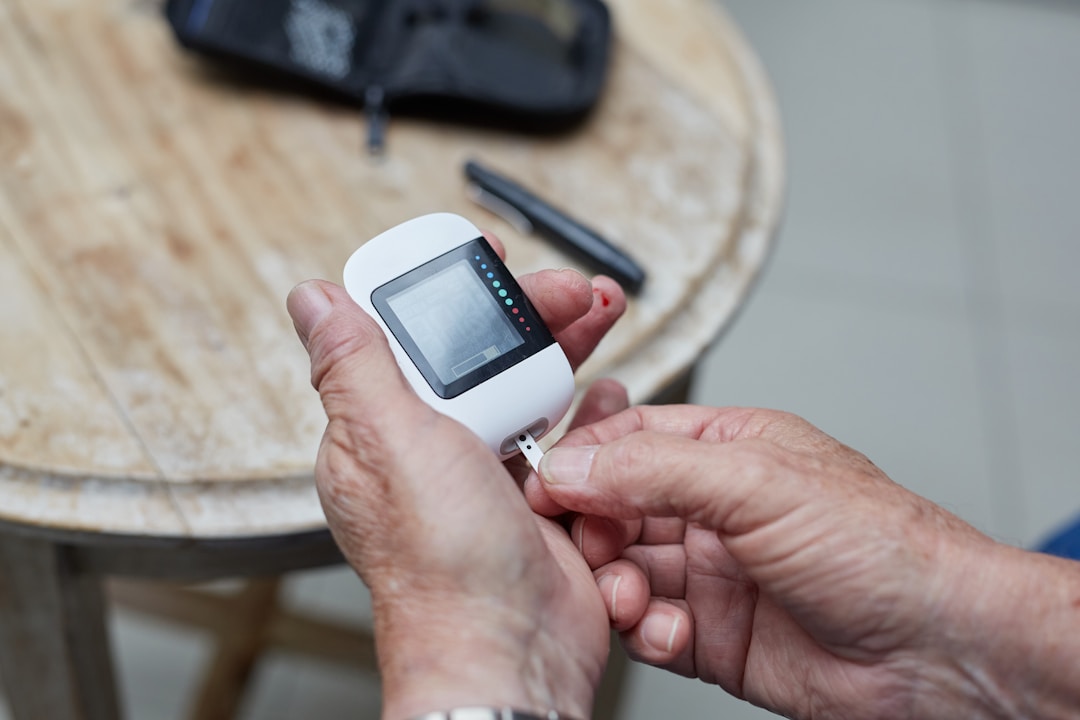



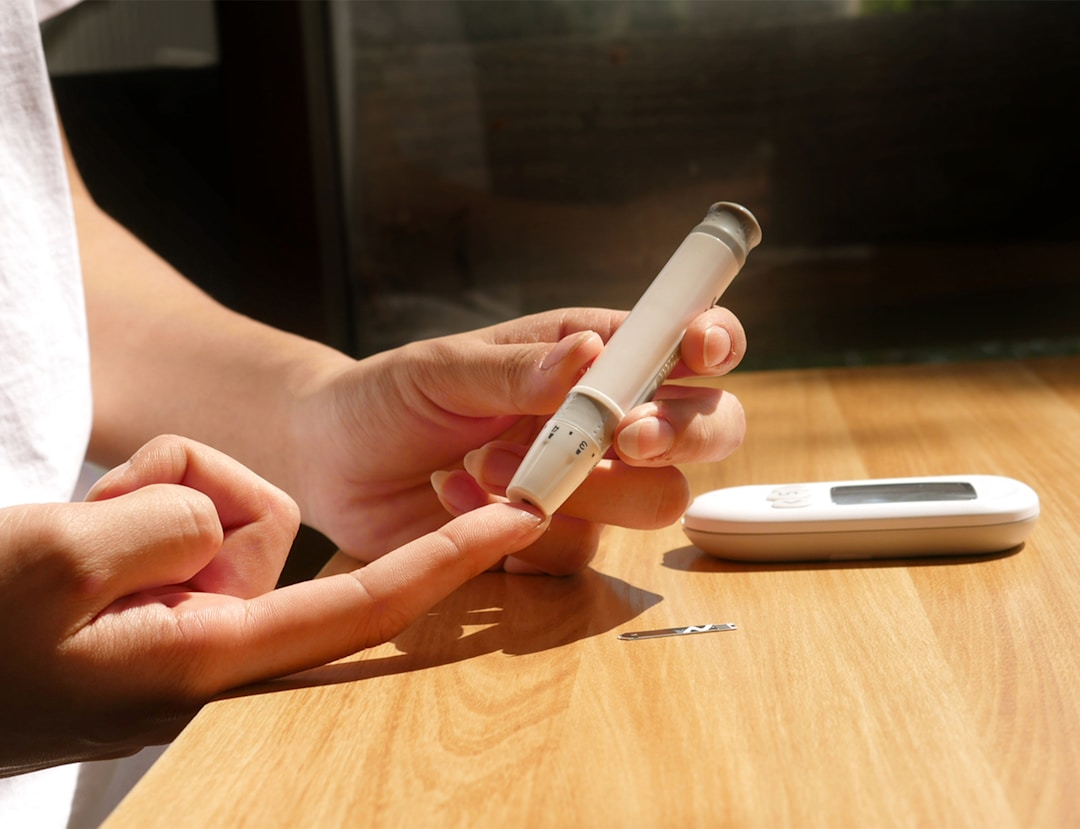

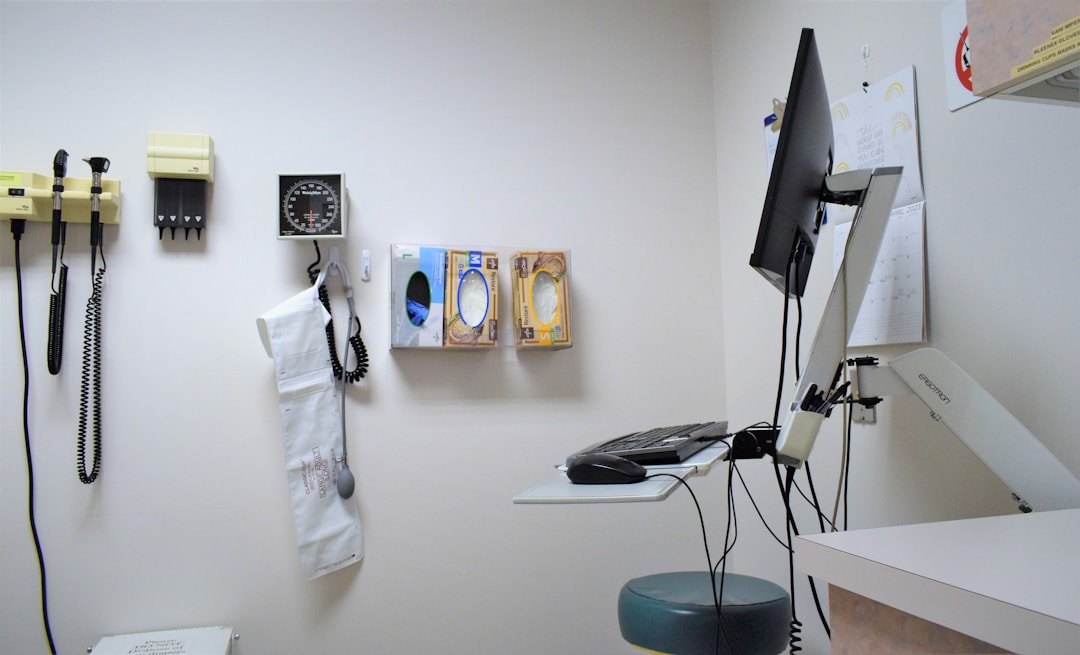
_(2)/w=1920,quality=90,fit=scale-down)











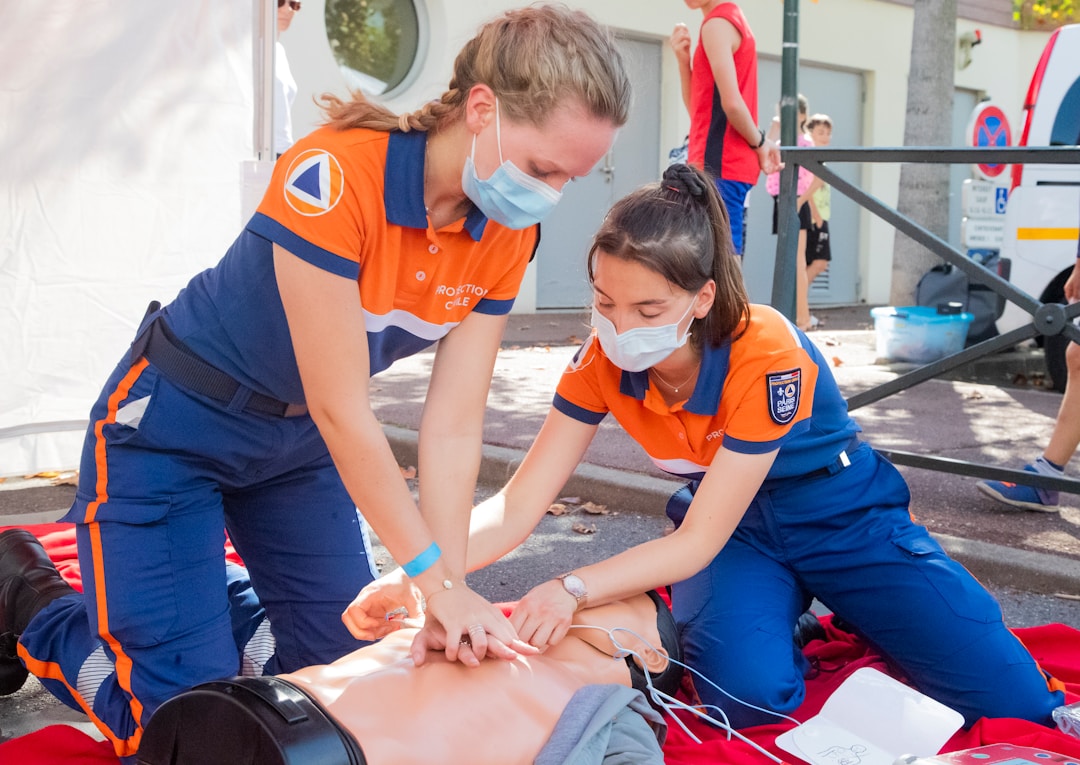
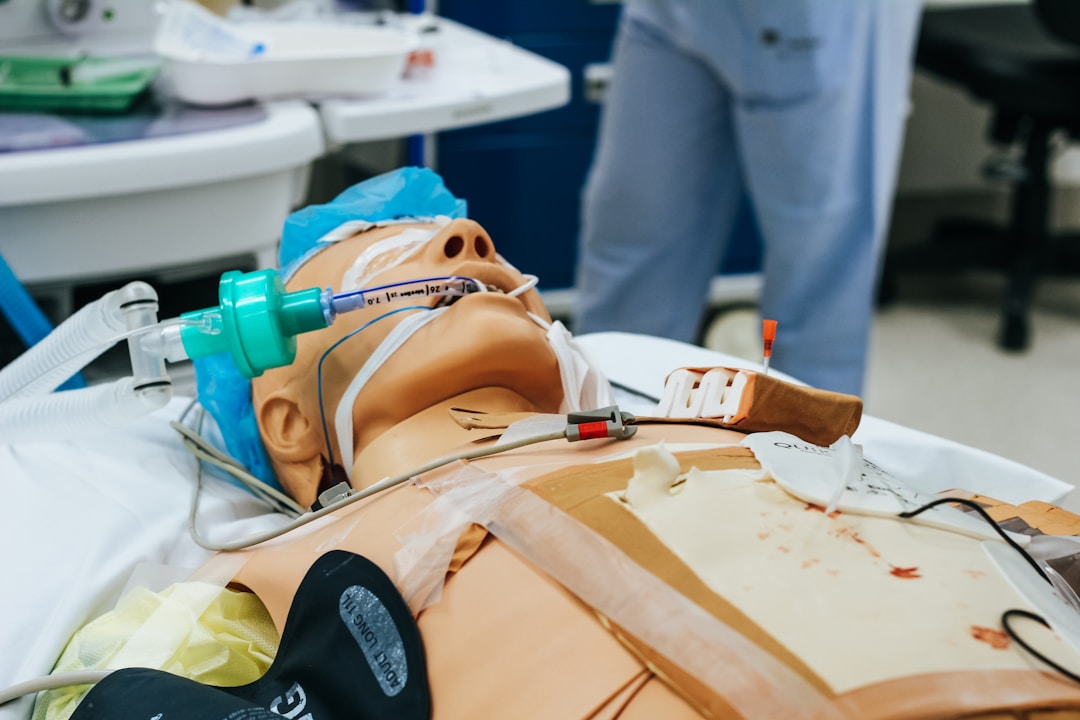







/w=1920,quality=90,fit=scale-down)
/w=1920,quality=90,fit=scale-down)












